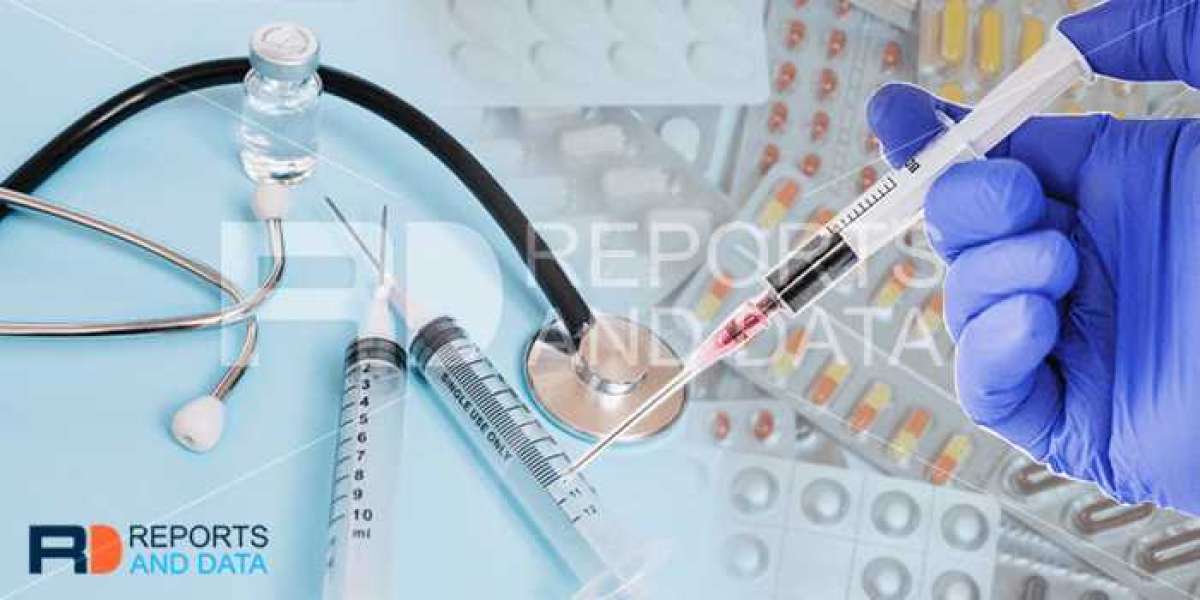What Are Antibody-Drug Conjugates (ADCs)?
An antibody-drug conjugate is a molecule made up of three components: an antibody, a cytotoxic drug (also known as the "payload"), and a linker that connects the two. The antibody targets specific antigens on cancer cells, while the cytotoxic drug is designed to destroy the cancerous cells once the ADC binds to its target. The linker plays a crucial role in ensuring that the cytotoxic drug is only released inside the target cancer cell, minimizing damage to healthy tissue.
ADCs represent a shift away from traditional chemotherapy, which often causes significant side effects due to its impact on both cancerous and healthy cells. By selectively delivering a potent drug directly to cancer cells, ADCs offer a more efficient and less toxic approach to treatment.
Success of Antibody-Drug Conjugates in Oncology
The success of antibody-drug conjugates in oncology has been evident over the past decade, with several ADCs gaining approval for clinical use. Adcetris (brentuximab vedotin), approved for Hodgkin lymphoma and other CD30-expressing cancers, and Kadcyla (ado-trastuzumab emtansine), used in HER2-positive breast cancer, are two of the most notable examples. Both of these therapies have demonstrated impressive efficacy and safety profiles, marking significant milestones in cancer treatment.
Moreover, the ADC market is seeing a rise in the number of approved therapies and an increasing pipeline of promising candidates. Drugs like Enhertu (fam-trastuzumab deruxtecan) for HER2-positive breast cancer and Polivy (polatuzumab vedotin) for diffuse large B-cell lymphoma have expanded the scope of ADC treatment, offering new hope for patients with limited options.
The combination of a targeted mechanism and a potent chemotherapy agent has proven to be highly effective in treating cancers that were previously difficult to manage with conventional treatments, making ADCs a cornerstone in the oncology treatment arsenal.
The ADC Market: Growth and Trends
The ADC market is rapidly expanding, with an increasing number of pharmaceutical companies investing in the development of these therapies. According to recent reports, the ADC market is expected to grow significantly in the coming years, with estimates suggesting a compound annual growth rate (CAGR) of over 30% from 2022 to 2030. This growth is driven by several factors, including the increasing demand for targeted therapies, advancements in ADC technology, and the growing pipeline of ADC candidates targeting various cancers.
Future Directions and Innovations in ADCs
As the field of antibody-drug conjugates continues to evolve, several key innovations are on the horizon that could further enhance the success of ADCs in oncology:
- Improved Linker Technology: One of the major challenges in ADC development has been the stability and efficiency of the linker that connects the antibody to the payload. New advancements in linker technology are improving the release of the cytotoxic drug specifically at the tumor site, reducing systemic toxicity and enhancing therapeutic efficacy.
- New Targets and Payloads: Researchers are continuously exploring new tumor-associated antigens and more potent payloads to enhance the precision and potency of ADCs. These innovations aim to increase the efficacy of ADCs in cancers that are resistant to traditional therapies.
- Combination Therapies: Combining ADCs with other treatment modalities, such as immune checkpoint inhibitors, other targeted therapies, or chemotherapy, is an area of active research. These combination strategies aim to overcome resistance and enhance the overall therapeutic effect, offering more durable responses for patients.
- Personalized Medicine: The future of ADCs may involve more personalized treatment approaches, where patients are matched with therapies based on the specific characteristics of their tumors. Companion diagnostics that identify patients with the right biomarkers could increase the effectiveness of ADC treatments.
Conclusion
Antibody-drug conjugates have fundamentally changed the oncology treatment landscape, providing new hope for patients with difficult-to-treat cancers. The success of ADCs, combined with the ongoing advancements in technology, is driving the rapid growth of the ADC market. As research continues to expand the potential applications of ADCs, the future of cancer treatment looks promising. With innovative therapies on the horizon, ADCs are poised to become a cornerstone of modern oncology, offering more effective and targeted treatment options with fewer side effects for patients worldwide.
Latest Healthcare Market Research Reports:
Neurotrophic Keratopathy Market | Otoscopes Market | Parkinson's Disease Dementia Market | Radiofrequency Ablation Devices Market | Tonsillitis Market | Zika Virus Market | Cdkl5 Deficiency Disorder Market | Charcot-marie-tooth Disease Market | Dyslipidemia Market | Dysmenorrhea Market | Eosinophilic Esophagitis Market | Peripherally Inserted Central Catheter Devices Market | Stereotactic Surgery Devices Market | Subarachnoid Hemorrhage Market



